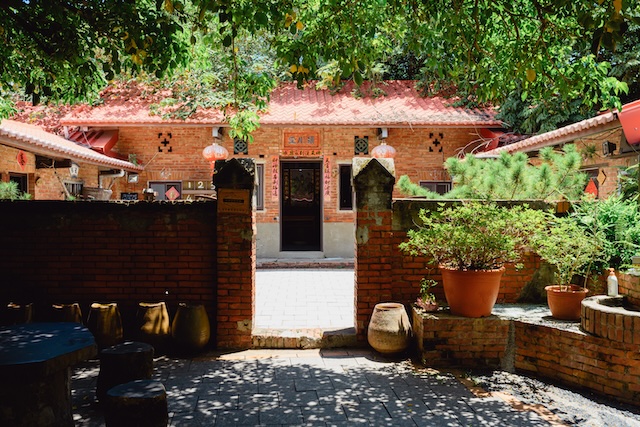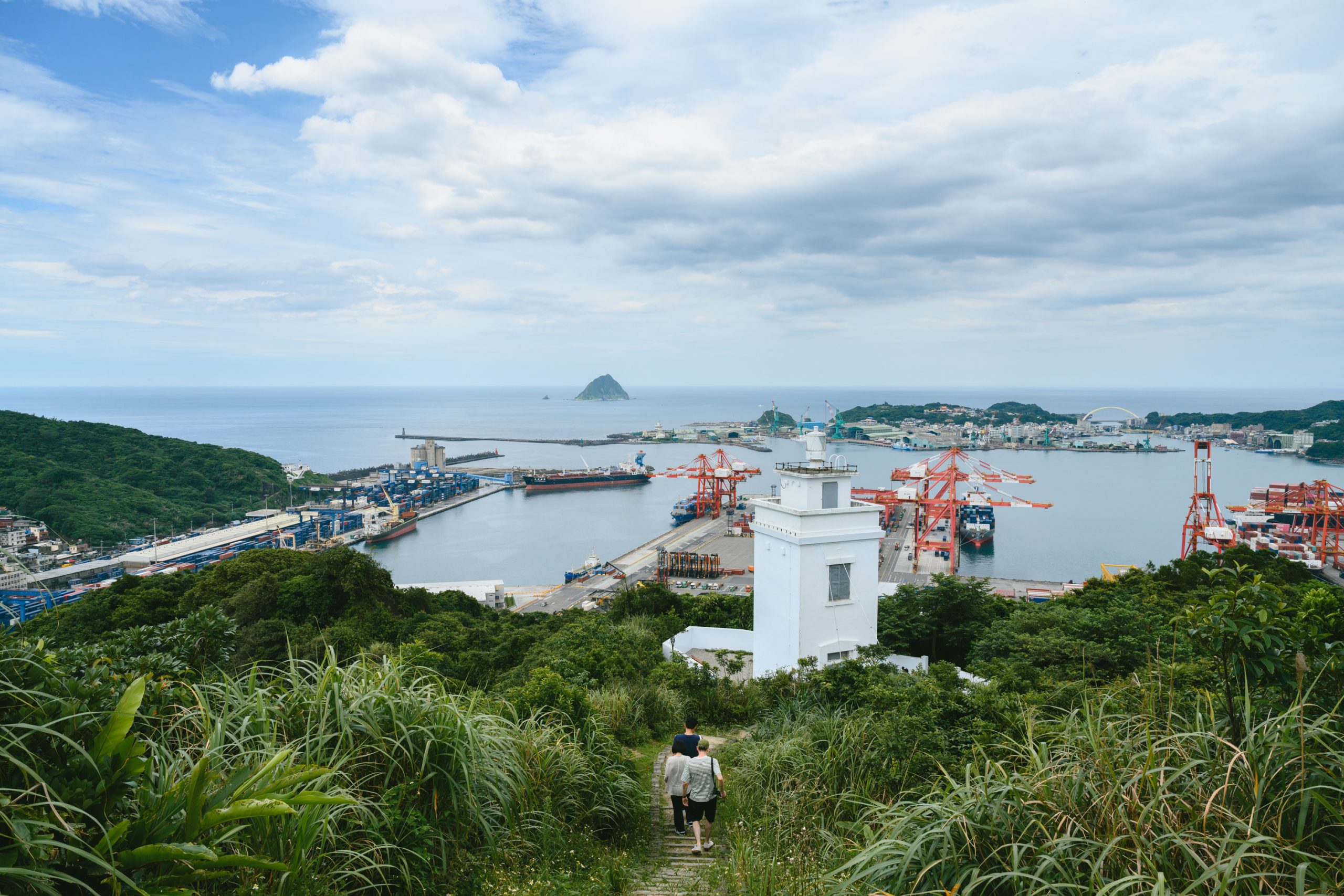Author CAT THOMAS
Photographer XHIN TOH
As Taiwan has modernized, much of the architecture of more graceful times has fallen by the wayside, replaced by concrete, steel-framed buildings. Aside from pockets of restored or ruined buildings in the cities, it can be hard to imagine what life looked like for the various waves of settlers that have made Taiwan their home. A trip to Luzhunan (蘆竹湳), a traditional settlement of three-sided courtyard houses (sanheyuan, 三合院) in Miaoli, however, offers a glimpse.
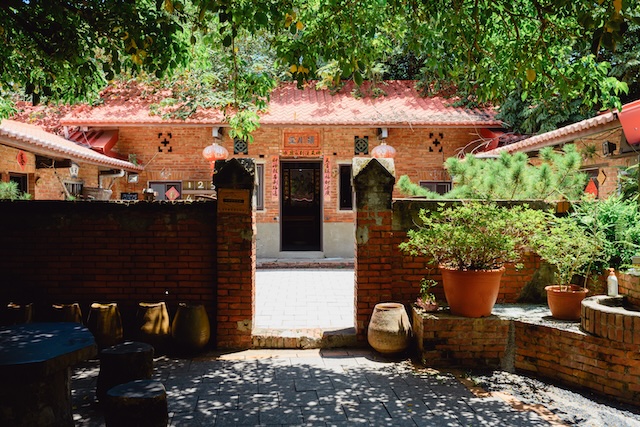
In 1964, the village was rezoned, limiting the potential for development. The young, often sent elsewhere for education, found little to draw them home as job opportunities fell. As the population aged, Luzhunan had lost its mojo, and the traditional housing slowly fell into disrepair.
However, realizing the village’s 53 traditional courtyard houses had become the largest collection in Taiwan, some residents began to plan a revitalization.
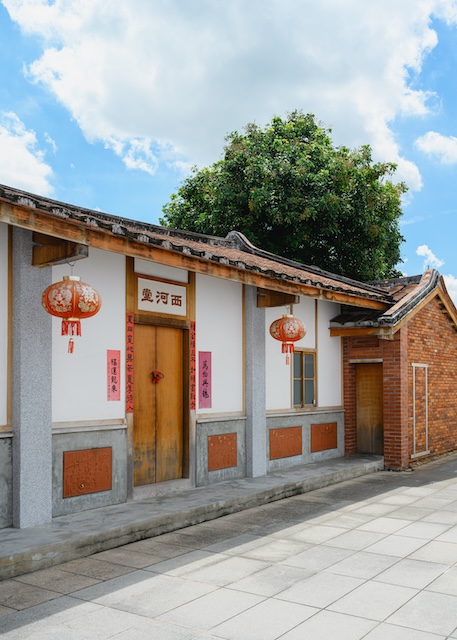
Renowned ceramic artist Lin Guang-qing (林光清) was among those involved. Lin, who has been supplying Starbucks with mugs featuring various designs for over 30 years, grew up in Luzhunan. Cherishing his roots, he has also been designing decorative art for the village for many years. Lin’s cousins, Xu Jin-hui
(許金輝) and Chen Shi-zheng(陳世政), also began restoring old houses and developing tourism plans for the village.
Fresh ideas
Then, between 2016 and 2019, three of the younger generation decided to head home from their city lives and focus on promoting their hometown to tourists, building on the work of their parents.
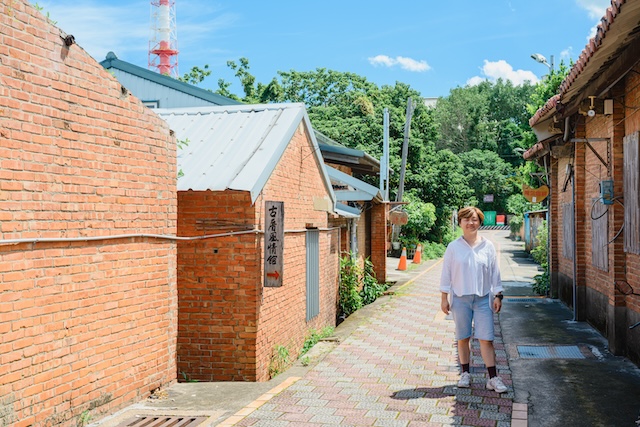
The first was Xu Shu-fan (許書凡), who went to high school and university in Taipei, then settled into a career in program design for the National Theater. Living in busy Banqiao with a young family, she began to consider her children experiencing the slower pace of Miaoli life.
In 2016 she made the move, and teaming up with her father, Xu Jin-hui, started working on fresh approaches for Luzhunan. Most importantly she wanted it to stand apart from the “old streets” that litter Taiwan with their cookie cutter approach of restaurants, snack stands and “traditional” shops.
Shu-fan’s grandfather gave the association a building to use as their office, and there are four other main businesses, including Zhaojiao (蘆竹湳灶跤, tsàu-kha in Taiwanese), which serves countryside Taiwanese fare, with Hakka and Fujianese dishes; Chi Tao ceramics and coffee shop (憩陶陶烘咖啡); and the StartWorks kiln (始作自造所).
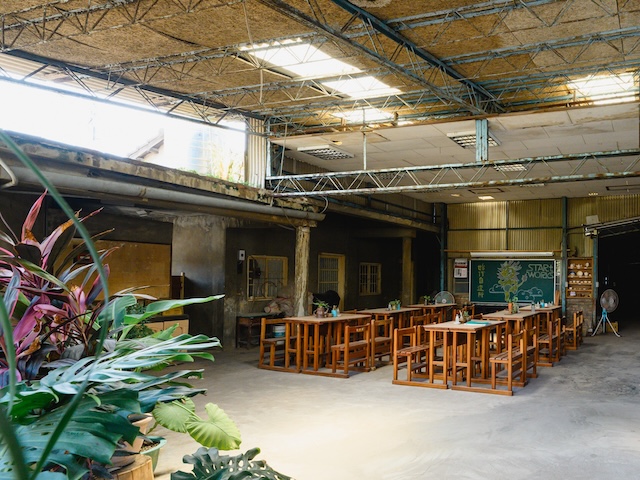
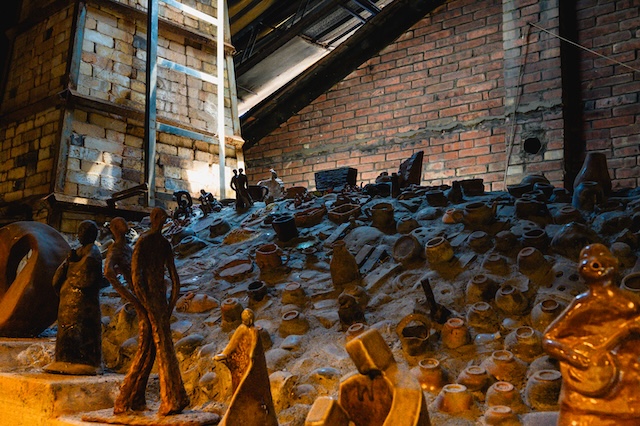
Chen Chieh-wei (陳杰蔚), who went to Taipei to study from high school to doctorate level, returned in 2019 to work at the kiln his father founded, adding his laser cutting skills into the mix.
Relax and DIY
With the original kiln cohort retired, Chieh-wei runs DIY pottery classes at the kiln, rebranded as StartWorks, across the lane from his childhood home. Like Shu-fan, he appreciates the slower pace of Miaoli life, and his pleasure in passing on the pottery skills is evident in the workshops.
Vincent Bu (卜柏誠), who runs Chi Tao, was the latest to return. After working as a ceramics engineer in China’s Jiangsu Province, his aging parents drew him home in 2019 and he happily joined the project.
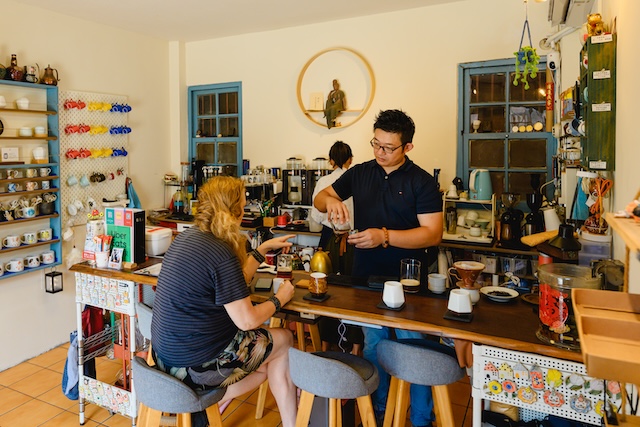
The ceramics sold at Chi Tao are from artisans in Jiangsu, and Vincent hopes his customers can appreciate the international flavors his shop offers, including tea, coffee and decorative pieces.
Shu-fan is happy to be home, saying the project gives plenty of opportunity to chat with visitors from all walks of life. She cites the homely feeling of the village as a big draw.
“Of course, the village doesn’t suit everyone’s tastes,” she said. “Some people love it, some are bored by it.”
Pathfinder
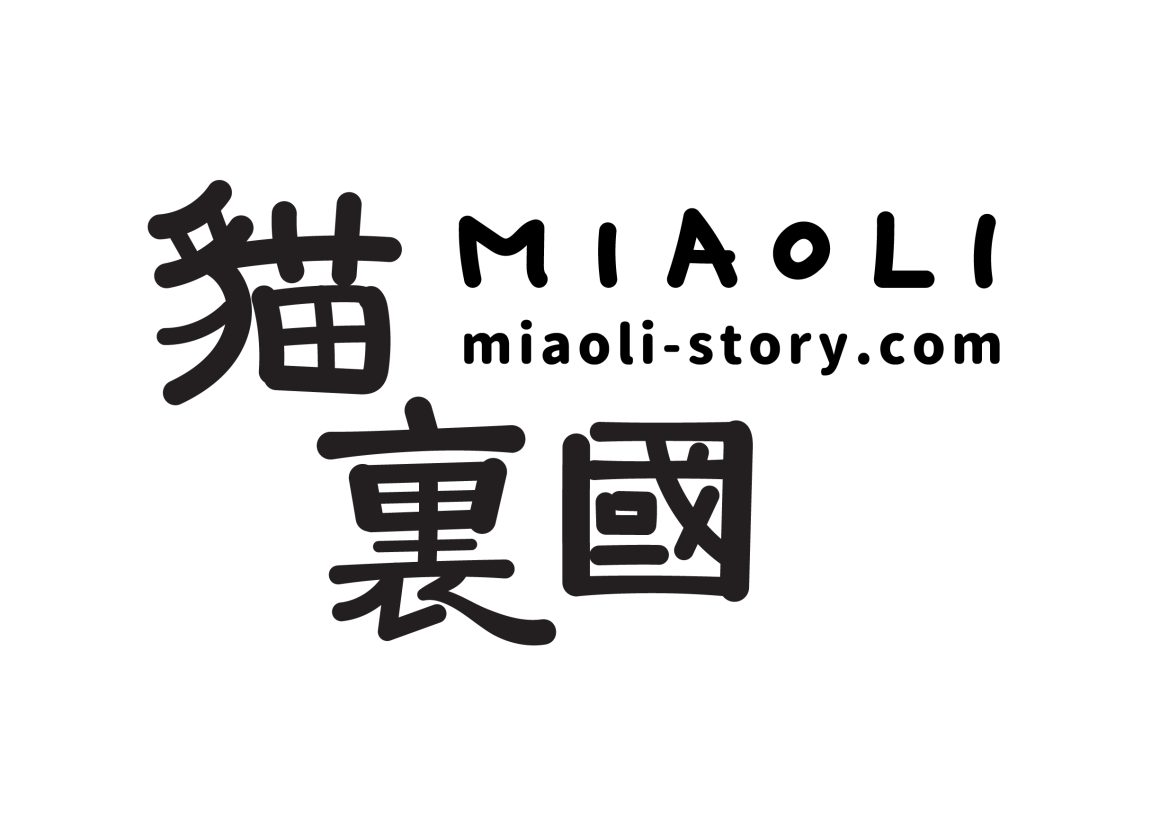
Miaoli Story.com (入境苗栗,漫遊文旅)
The red-tiled traditional homes of Luzhunan in Miaoli have been transformed into spaces for cultural exhibitions, traditional crafts and local events. Through second-hand bookstores, a fusion of Hakka and Minnan cuisines, and the integration of customs and crafts, the rustic lifestyle of old Miaoli comes alive once again.

